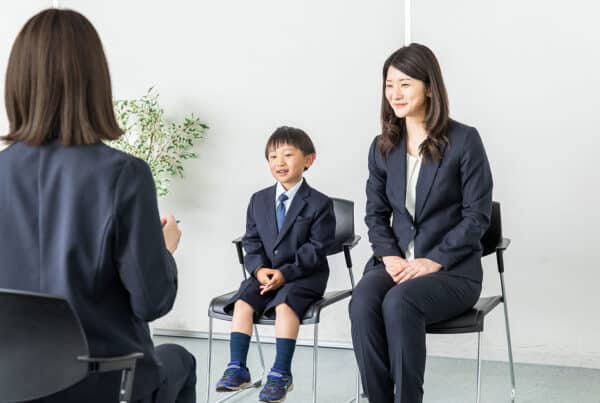Last Updated On: July 1st, 2024
Started by Linda Abraham in the early 1990s, Accepted.com grew out of an editing service working with college students in West Los Angeles. Linda discovered she was repeatedly asked to edit personal statements for grad school. She realized that if she applied journalistic techniques to the personal statements she was editing, she could help applicants make their stories engaging, not merely well-written. Recognizing the demand for a service dedicated to helping graduate school applicants write revealing, compelling, and articulate essays, she founded Accepted. Here’s 5 questions we asked Linda:
1. What’s the biggest challenge you face with helping clients through the application process?
There are two “biggest challenges.”
- Encouraging applicants to think about what schools are really right for them – not just which schools have “brand” or parental approval.
- Convincing applicants to respond to essay questions thoughtfully and authentically. They frequently just want to write what they think admission committees what to read. Bad move.
2. What is Accepted’s secret sauce? What do you do differently to help improve clients’ chances at getting in to top schools?
Our secret sauce is our staff’s breadth, depth, and length of experience combined with a commitment to treat clients as we like to be treated when we’re clients. Let’s look at that statement a little more closely.
- Length. We have been in business since 1994 and on the web since 1996. Collectively our staff has well over 100 years of experience in admissions and admissions consulting.
- Breadth. We work with applicants to college as well as MBA programs, medical school, law school, and a host of graduate schools. While individual members of Accepted’s team specialize, we also work together to share expertise and information. We find that this span of experience informs and enhances our ability to guide applicants.
- Depth. Accepted’s team consists of award-winning authors, Ph.Ds in literature, former admissions directors, a doctor, journalists, and graduates of many top programs. However, the one thing they all have in common is a gift for helping our clients tell their story. Our ability to critique and edit essays and guide clients depends on each and every consultant being an outstanding wordsmith.
- Commitment to service. We do our best to say what we mean and do what we say – or better. That commitment and reliability is the essence of good service. Apparently clients like it too: The Better Business Bureau gives Accepted an A+ rating, its highest.
3. How did you select your team of editors and what role have they played in Accepted’s success?
I have three primary requirements:
- Outstanding writing and editing ability.
- Knowledge of the admissions process either as an admissions director, consultant, or counselor.
- Mentoring skill.
Our staff is critical to our clients’ success. This is a service business. The people serving our clients make it.
4. Aside from improving test scores, what recommendations do you have for college and graduate school applicants?
Good grades are an obvious additional academic requirement. But there are a few other items that are also important and sometimes overlooked.
- Leadership experiences. Schools, both undergraduate and graduate, want to produce leaders. The best signs that you will be contributors, innovators, and yes leaders of the future are that you have been so in the past.
- Diverse interests. Schools don’t want automatons or stunted individuals who do nothing but study. How boring! Make time for other interests and a full, rich life.
- Fit with the school. For graduate students this means first and foremost a clear goal that the target school can help them achieve. For both grad and undergrad applicants, fit implies that you want what the school offers in terms of community, curriculum, extracurricular activities, and ultimately professional opportunities. (The latter are more important on the graduate level).
5. Any quick application tips and tricks for our readers?
Go to http://www.accepted.com and explore the many free resources we have there for applicants!
Besides that tip, I would encourage applicants to give themselves enough time to rewrite, edit, and proof their essays because writing is rewriting.
And here’s a very concrete proofreading tip: When you think you have your final draft, put it away for a couple of days, overnight, or at least a coffee break if you’re up against a deadline. Then print out the draft double-spaced, take a pen or pencil and the printed draft, and change locations. Move from your desk to the kitchen table or go outdoors. Read your draft aloud. Your ear will catch errors and phrases that just don’t sound right. Make corrections on the paper and then go back to the computer. Rinse and repeat as necessary.


















